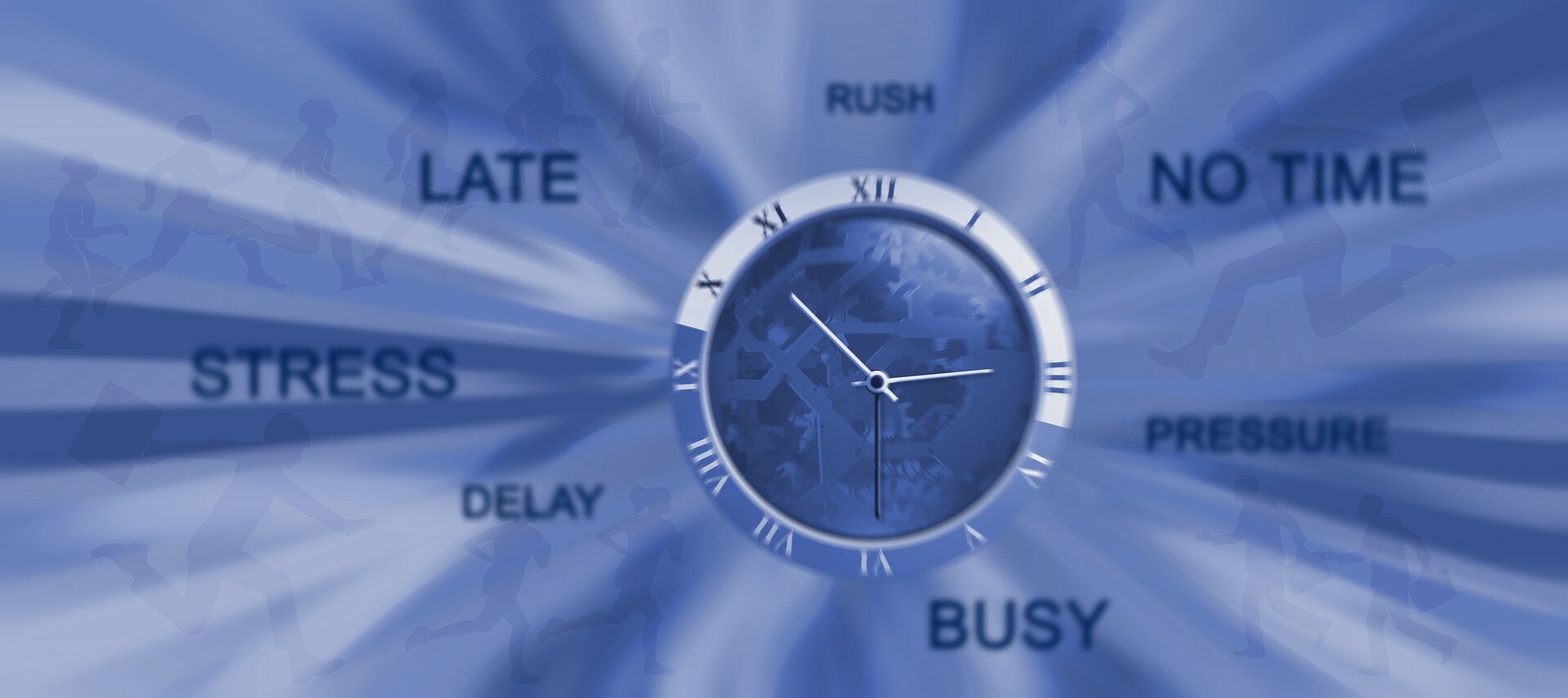Resilience Disruption
/Resilience is often framed in individual terms. I’m often called in by organisations to assist their staff to build personal resilience. It’s the right conversation but the wrong focus. The focus needs to shift to organisational resilience.
Why?
Disruption is on the rise. Chat GPT is topical right now, but it’s just one more (significant) disruption in a growing stream. Natural disasters (Turkey, NZ), Technological (Chat GPT) Geopolitical (China, Russia) Financial (interest rates) and more. All the uncertainty measures are trending up. Some steeply. Disruption won’t be stopping any time soon.
image by AnToineLanz from Pixabay
Individual resilience helps us deal with the direct impact we personally experience. A group of resilient individuals in an organisation can collectively handle impact. And they are even stronger in a resilient organisation.
One of the best ways to build organisational resilience is to focus on Psychological Safety (...the belief that one will not be punished or humiliated for speaking up with ideas, questions, concerns, or mistakes. Amy Edmondson).
If you don’t have (and actively maintain) Psychological Safety, you are flying blind in the storm. People will see problems, but say nothing. They’ll avoid responsibility. They’ll shy away from change or building new skills. They’ll fear for their security.
Think of almost any organisational challenge. Psychological Safety builds the resilience to effectively deal with it - Because people are more likely to be and bring their best.
If you are a leader, and you would like a clearer understanding of the behaviour that builds Psychological Safety - lets talk.

















